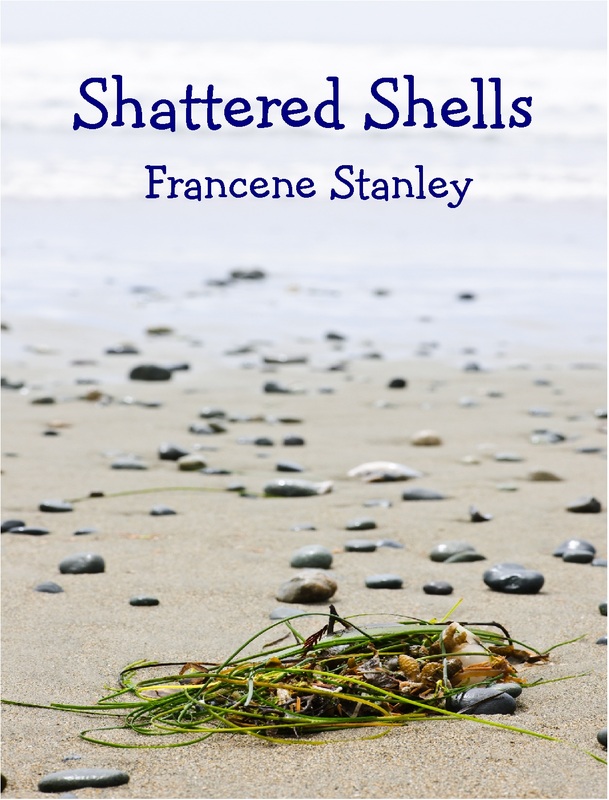 Meditation - MorgueFile - cohdra
Meditation - MorgueFile - cohdra Top academics have launched the first study into how effective it could be in schools.
The meditation-style technique often used to help adults with depression, anxiety and other mental health issues, has already been adopted by some state and private schools. Also, mindfulness is a form of meditation popular with celebrities and in the corporate world.
Here are the benefits of mindfulness meditation:
Aimed at escaping ‘tunnel vision’ in your daily life, it is said to help people gain a wider perspective of themselves and the world, so giving a greater enjoyment of life and an enhanced productiveness in the workplace.
Key components include accepting flaws, letting go of unpleasant memories and becoming content with your lot in life.
During mindfulness meditation participants sit in silence and pay attention to their breathing, refocusing the mind whenever it starts to wander.
 drug crime - MorgueFile - DogertonSkillhause
drug crime - MorgueFile - DogertonSkillhause The nationwide UK pilot involves nearly 6,000 youngsters aged 11 to 14 across 76 schools, including some inner-city comprehensives. Half the schools will teach mindfulness and the other half standard personal, health and social education lessons. Students will take ten lessons a term for five years, with a follow-up period of two years for every pupil.
Computerized tests will be assessed, with results compared with those of the control group.
If the practice is proved to be effective, the Department for Education may decide to roll it out to all schools. Source: Daily Mail.
I like the idea of youngsters learning to control their brain. As I say to my husband, 'The brain is like a computer. It works on what you put in. So if you think of a negative outcome, that's what will happen. You're in charge.'
Too often, schooling fails youngsters. What use is all the knowledge crammed into their brain if a related job is unlikely? Wouldn't it be better to teach them life skills?
I've never allowed any substance to control me. Once, I drank too much alcohol. I just don't like the feeling. I want to be in charge of what happens to my body, thank you very much.





 RSS Feed
RSS Feed
